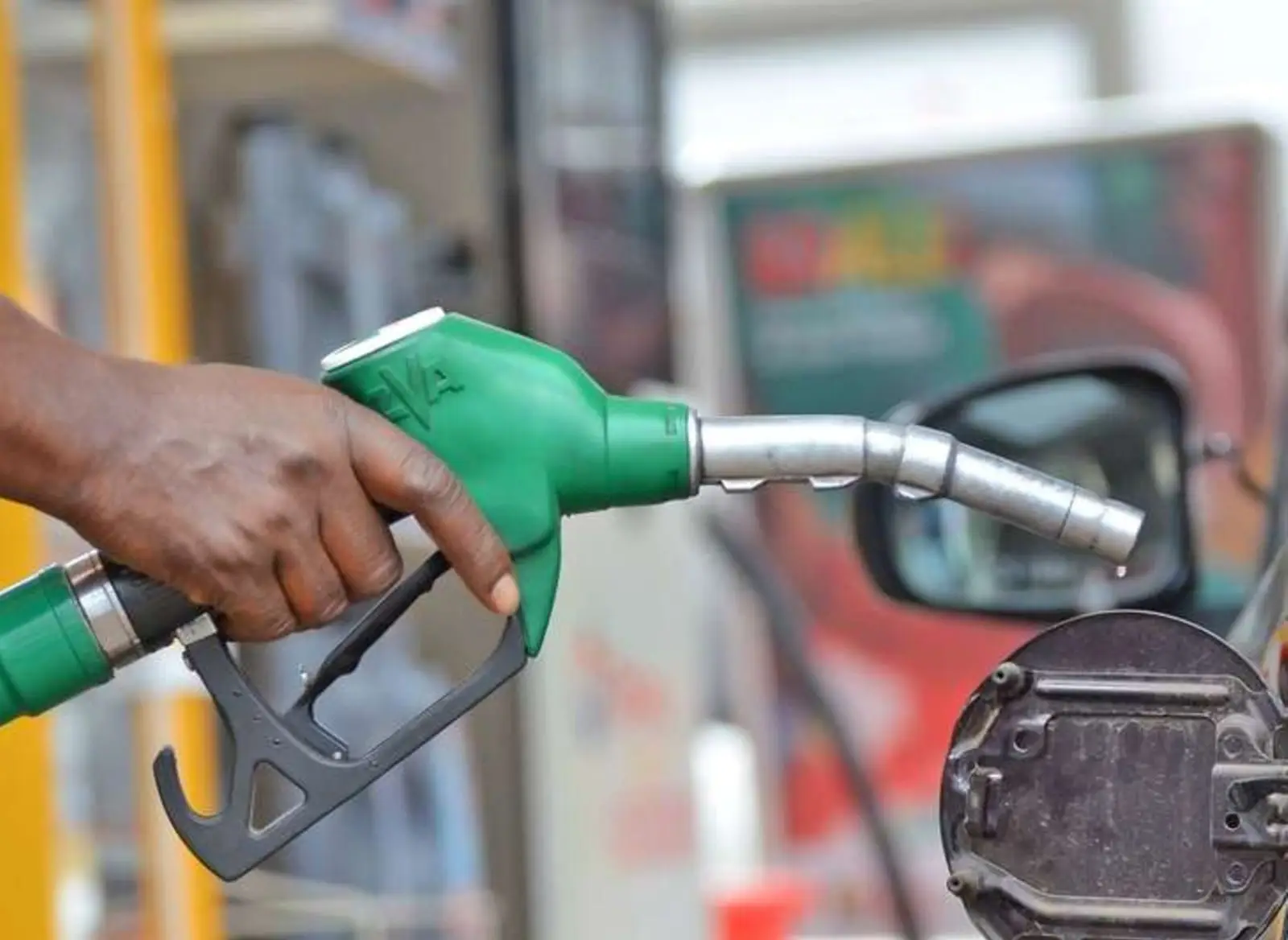
Trading on the Ghana Stock Exchange (GSE) ended in the positive in the week ending April 7, as investors, confidence in some banking stocks, revived their appetite for the equity.
As a result, the GSE Composite Index improved by 1.79 per cent to settle at 1,898.34 points. This represented a year-to-date gain of 12.39 per cent.
The GSE Financial Stock Index also rose by 2.36 per cent to 1,806.96 points, reflecting a year-to-date return of 16.92 per cent.
Total trade
Total trade for the week stood at 2.77 million, representing a 72.9 per cent decline from the previous week’s volume.
The week’s total trade was valued at GH¢9.56 million.
GCB Bank Ltd and Total Petroleum Ltd dominated trade, jointly accounting for 69.39 per cent of the week’s total volume.
Market capitalisation, however, ended in the positive with 0.84 percent increment to settle at GH¢49,259.66 million.
Price movements
At the end of trade, seven advancers and two laggards were recorded.
On the list of advancers, the market saw Standard Chartered Bank adding 37 pesewas to trade at GH¢15.82 per share.
CAL Bank recovered 23 pesewas out of the 24 pesewas loss recorded in the previous week to close at 72 pesewas per share.
The Benso Oil Palm Plantation Ltd (BOPP) gained seven pesewas to trade at GH¢2.97 per share.
Other advancers on the exchange were Ecobank Transnational Inc., Ghana Oil Company, TOTAL Petroleum Ltd and UT Bank Ltd.
On the flip side, HFC Bank Ltd shed five pesewas to trade at 60 pesewas per share.
Mechanical Lloyd Co. Ltd and SIC Ltd also trimmed two pesewas and a pesewa to close at 13 pesewas and 10 pesewas respectively.
Forex market
On the foreign exchange market, the cedi was resilient on the interbank market in the week under review.
It fully recovered against the U.S dollar and the British Pound.
The cedi, after recording a weekly depreciation of 3.05 per cent, nullified all losses to the U.S dollar to register a year-to-date appreciation of 0.34 per cent in the week ending April 7.
The dollar, as a result, traded at GH¢4.19.
Similarly, the cedi gained 3.89 per cent against the British Pound on the back of rising uncertainties associated with Brexit plans and uninspiring manufacturing data released within the period.
A Pound was exchanging for GH¢5.19 as of week-close.
The local currency also registered a weekly appreciation of 0.65 per cent against the 19-bloc currency, the Euro.
The Euro thus traded at GH¢4.44 to a Euro, reducing the cedi’s year-to-date appreciation to 0.15 per cent.
Short-dated securities
The week under review witnessed a significant reduction in the yields of government treasury securities following the substantial drop in prime rate a week earlier.
The 91-day and 182-Day Treasury bills softened by 68 basis points (bps) and 48bps to 16.71 per cent and 16.7 per cent respectively.
Yield on the 2-Year Treasury Note also declined by 33bps to 21 per cent.
At the end of the week’s auction, a total of GH¢1.45 billion worth of bids were tendered by investors.
However, GH¢1.24 billion of bids were accepted by the government, making the week’s target of GH¢1.03 billion unachievable by 20.76 percent.
The short-dated treasuries (91-Day and 182-Day Treasury Securities) dominated in the purchases.
They accounted for 58.75 per cent of the overall accepted bids.
The government is aiming at amassing GH¢963 million from the 91-day and 182-day Treasury securities and GH¢200 million from the 1-year fixed note.
The term structure of interest rate at the end of the week’s auction failed to assume a regular yield curve.
Following earmarked initiatives by the government at restoring the economy, it is anticipated that both the demand for and supply of bids will be at the balancing stage, where it will help restore a regular pattern in the yield curve.
Commodities
The price of Brent crude oil gained 4.60 per cent after ending the week’s trading at US$55.26 per barrel.
The gain was spiked by higher expectation of an extension in OPEC’s cut deal deadline.
This helped to offset the bearish U.S. inventory data, which could have resulted in lower pricing of the commodity.
Gold price rose to a five-month high in the trading week, following the political uncertainties that emanated from U.S. launching of cruise missiles at an airbase in Syria.
Gold also witnessed a 1.62 per cent week-on-week appreciation after closing at US$1,267.50 per ounce on April 7.
Cocoa, however, witnessed a heavy loss following the boost in production output in top grower country, Cote d’Ivoire.
Cote d’Ivoire’s output was boosted by favourable climatic conditions in most of its growing regions.
Price of the soft crop, as a result, fell by US$87.50 to trade at US$2,007.50 per metric ton.
Trading on the Ghana Stock Exchange (GSE) ended in the positive in the week ending April 7, as investors, confidence in some banking stocks, revived their appetite for the equity.
As a result, the GSE Composite Index improved by 1.79 per cent to settle at 1,898.34 points. This represented a year-to-date gain of 12.39 per cent.
Read Full Story























Facebook
Twitter
Pinterest
Instagram
Google+
YouTube
LinkedIn
RSS